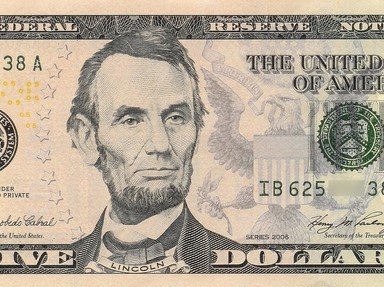Quiz Answer Key and Fun Facts
1. When shifting responsibility for an action or event to another, you are said to "pass the buck". Among what group of people did the term originate?
2. The term "OK" or "Okay" has been used to signify "alright" or "correct" in America for nearly 200 years. Any idea where it comes from?
3. "Jump on the bandwagon" to signify enthusiastic committment to a popular cause. Do you know how it came into popular use during the 19th century?
4. To be caught "red-handed" is to say you've been caught in the act of committing some mis-deed. From where did "red-handed" spring?
5. If you look like someone, you may be said to be a "dead ringer". "Ringer?" "Dead?" Odd phrase, when you think of it. In what context did it come into use?
6. If you are in an extremely difficult situation for which you imagine there is no solution, you may be "between a rock and a hard place". What brought this term into usage?
7. If you are evaluating your assets and get too far ahead of yourself, you may be warned, "don't count your chickens before they're hatched". Wise advice, but where did it come from, originally?
8. If you want to ward off bad luck or have good fortune continue, you might "knock on wood". Where did this tradition come from?
9. If a friend told you to "keep it under your hat", what would he be asking you to do?
10. I asked a friend to go golfing with me and he replied, "I'll be there with bells on." Obviously, he was enthusiastic about the prospect of hitting the links. But why bells? Who came up with that?
Source: Author
Pick61
This quiz was reviewed by FunTrivia editor
looney_tunes before going online.
Any errors found in FunTrivia content are routinely corrected through our feedback system.

